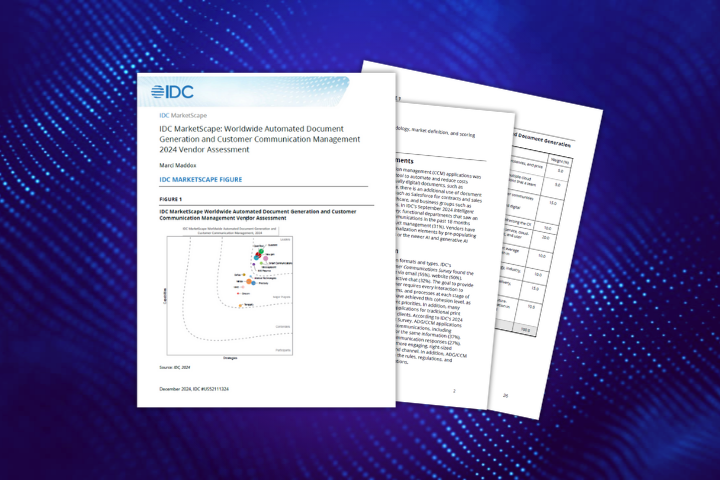
According to recent research by Quadient, UK businesses are now three times more likely to enter voluntary liquidation than ever before. Based on a Freedom of Information (FOI) request to The Insolvency Service, the data reveals a twelve-fold increase in voluntary liquidations during 2021. This figure underscores the unprecedented challenges faced by companies across the country.
Voluntary Liquidations on the Rise
The FOI request explored UK insolvency data from 1960 to 2023 and revealed a dramatic shift in the proportion of voluntary versus compulsory liquidations. Until 2012, the ratio remained steady at 2:1, meaning there was one compulsory liquidation for every two voluntary liquidations. However, the ratio has surged, reaching 7:1 in 2023 and an astounding 25:1 in 2021. The recent numbers reflect the highest levels of voluntary liquidation recorded this century, with one in every 272 UK businesses closing voluntarily in 2023.
These figures highlight a growing trend: businesses are choosing to close on their terms rather than being forced into insolvency by the courts. While this may suggest that companies are exercising control over their fate, many of these liquidations result from external pressures that have made it increasingly difficult for businesses to remain viable.
Economic Pressures Behind the Trend
The shift toward voluntary liquidations can be traced back to more than a decade of economic instability, including austerity measures, the COVID-19 pandemic, financial crises, and global conflicts. These events have strained businesses across industries, leading many to shut down to retain control over their assets voluntarily.
"There is no hard-and-fast rule on when a business enters voluntary liquidation," Joey Glazer, SME Director from Quadient, explained. "These statistics cover a broad spectrum of companies, from long-established businesses to short-term ventures. The common thread, however, is that many of these liquidations are driven by factors beyond the business owner's control."
In addition to global challenges, the UK has seen a steady increase in total insolvencies, rising from 1,563 in 1960 to 25,158 in 2023. Notable spikes occurred during the early 1990s recession, as well as in 2022 and 2023, likely fueled by ongoing inflation, supply chain disruptions, and the escalating cost-of-living crisis.
Financial Resilience Through Automation
To combat these external pressures, Quadient advocates for businesses to strengthen their financial resilience by leveraging automation and AI-driven solutions. By automating financial processes, companies can ensure faster payment collection, gain real-time visibility into their cash flow, and minimise the time and resources spent on manual tasks.
"Business leaders need to take control of their finances, so they have the flexibility to deal with the unexpected," said Joey. "Automating financial operations is crucial in reducing inefficiencies and ensuring that companies can maintain an accurate and up-to-date view of their financial health."
Automation tools give businesses a clear picture of their current financial status and enable them to forecast and prepare for future challenges. This proactive approach helps companies avoid becoming another statistic in the rising tide of voluntary liquidations.
A Path Forward
As the economic climate challenges UK businesses, financial preparedness will be more critical than ever. Quadient encourages companies to invest in automated financial systems that offer the agility and insights to navigate uncertain times.
By optimising their finance functions with advanced technology, businesses can act confidently, ensuring they remain resilient in the face of external pressures. As more companies recognise the need to adapt, tools like Quadient's automation solutions will be vital in helping them thrive in an increasingly complex landscape.
To better understand the rising voluntary liquidation trend, check out the detailed infographic from Quadient. It highlights key insights from 1960 to 2023, showing how economic pressures have impacted UK businesses. Visit this page to view the full infographic and explore how companies adapt to these challenges.
For more information on how Quadient’s accounts payable automation tools can help your business stay resilient, visit https://www.quadient.com/en-gb/ap-automation







